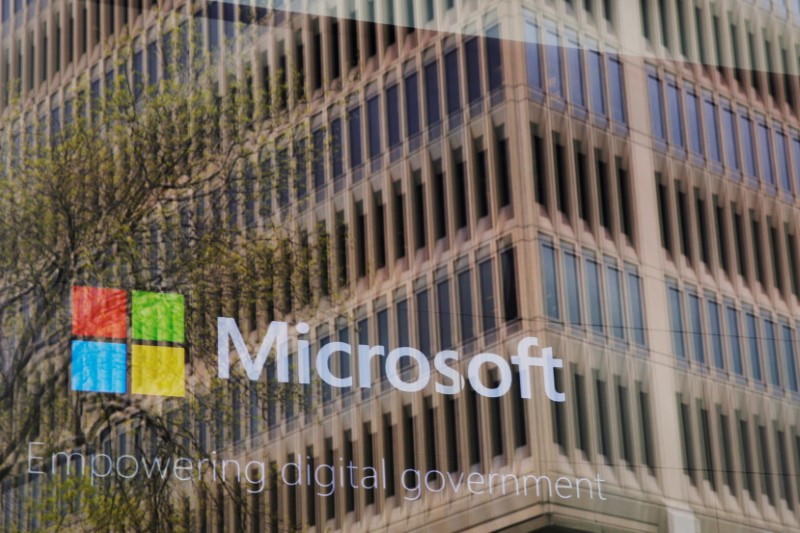This post was originally published on this site

The U.S. Federal Trade Commission (FTC) said Thursday it has voted to block Microsoft’s (NASDAQ:MSFT) $69 billion acquisition of Activision Blizzard (NASDAQ:ATVI), stating it would harm competition in high-performance gaming consoles and subscription services by denying or degrading rivals’ access to its popular content.
“The Federal Trade Commission is seeking to block technology giant Microsoft Corp . from acquiring leading video game developer Activision Blizzard, Inc. and its blockbuster gaming franchises such as Call of Duty, alleging that the $69 billion deal, Microsoft’s largest ever and the largest ever in the video gaming industry, would enable Microsoft to suppress competitors to its Xbox gaming consoles and its rapidly growing subscription content and cloud-gaming business,” the FTC said in its statement.
Microsoft executives reportedly met with FTC Chair Lina Khan and other commissioners on Wednesday to make its final case in favor of the deal.
However, the commission voted 3-1 to issue the complaint and used an example of Microsoft’s record of acquiring other firms and using “valuable gaming content to suppress competition” from rival consoles, pointing to its acquisition of ZeniMax, the parent company of Bethesda Softworks as a reason to block the deal.
Issuing the administrative complaint marks the start of a proceeding in which the allegations will be put to a formal hearing before a judge.
“Microsoft decided to make several of Bethesda’s titles including Starfield and Redfall Microsoft exclusives despite assurances it had given to European antitrust authorities that it had no incentive to withhold games from rival consoles,” argued the FTC.
Activision currently offers its games on many devices. Still, the FTC believes that could change if the deal is allowed to proceed, saying that with control over Activision’s blockbuster franchises, Microsoft would be able to harm competition by manipulating pricing, degrading game quality or player experience on rival consoles and gaming services, changing the terms and timing of access to content, or withholding content from competitors entirely.
Activision Blizzard shares plunged on the news, currently down 2.5%.


